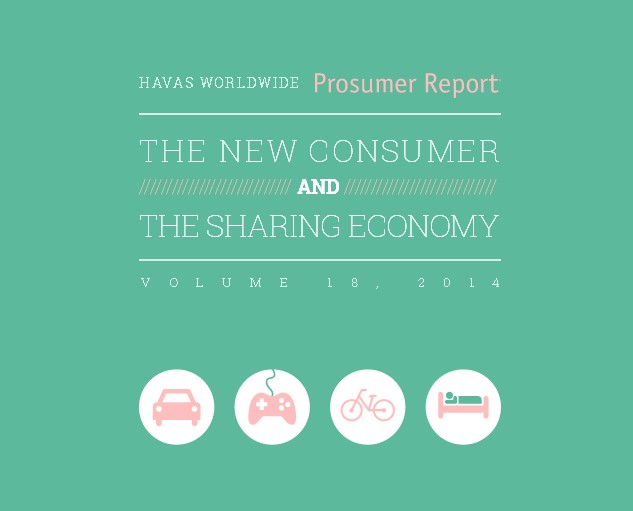 In earlier centuries, most people lived in what could be termed an “essentials economy.” They grew or made what they could and bartered for or purchased only those additional items they absolutely needed in order to get by. As modern consumerism took hold in the early to mid-twentieth century, the most developed markets happily transitioned to an “accumulation economy.” With leading economists and politicians preaching the gospel of consumerism as an essential driver of economic growth, citizens in wealthier countries were exhorted to spend freely and often.
In earlier centuries, most people lived in what could be termed an “essentials economy.” They grew or made what they could and bartered for or purchased only those additional items they absolutely needed in order to get by. As modern consumerism took hold in the early to mid-twentieth century, the most developed markets happily transitioned to an “accumulation economy.” With leading economists and politicians preaching the gospel of consumerism as an essential driver of economic growth, citizens in wealthier countries were exhorted to spend freely and often.
Our Current economic models aren’t Working
And they heeded the call. In the US, phrases such as “shop till you drop,” “keeping up with the Joneses,” and “retail therapy” became part of the vernacular.
A lot has changed in this new century, however. It’s not just that people have less money to spend as a consequence of various economic dips and freefalls. It’s also that many of us have grown tired of overconsumption. We simply are not getting the pleasure hits we once did from shopping. Instead of excitement, we feel anxiety over unpaid bills. Instead of enjoying the instant gratification of a glittery find, we worry about the effects of our consumption choices on the planet. And many of us feel constrained by all the “things” we have amassed—purchases that are physically filling our homes and garages and psychologically weighing us down.
Who are Prosumers?
prosumers are today’s leading influencers and market drivers—and have been a focus of Havas Worldwide studies for more than a decade. Beyond their own economic impact, prosumers are important because they influence the brand choices and consumption behaviors of others. What prosumers are doing today, mainstream consumers are likely to be doing six to 18 months from now. Learn more at
https://www.prosumer-report.com
{phocadownload view=file|id=71|text=The New Consumer and the Sharing Economy|target=s}


